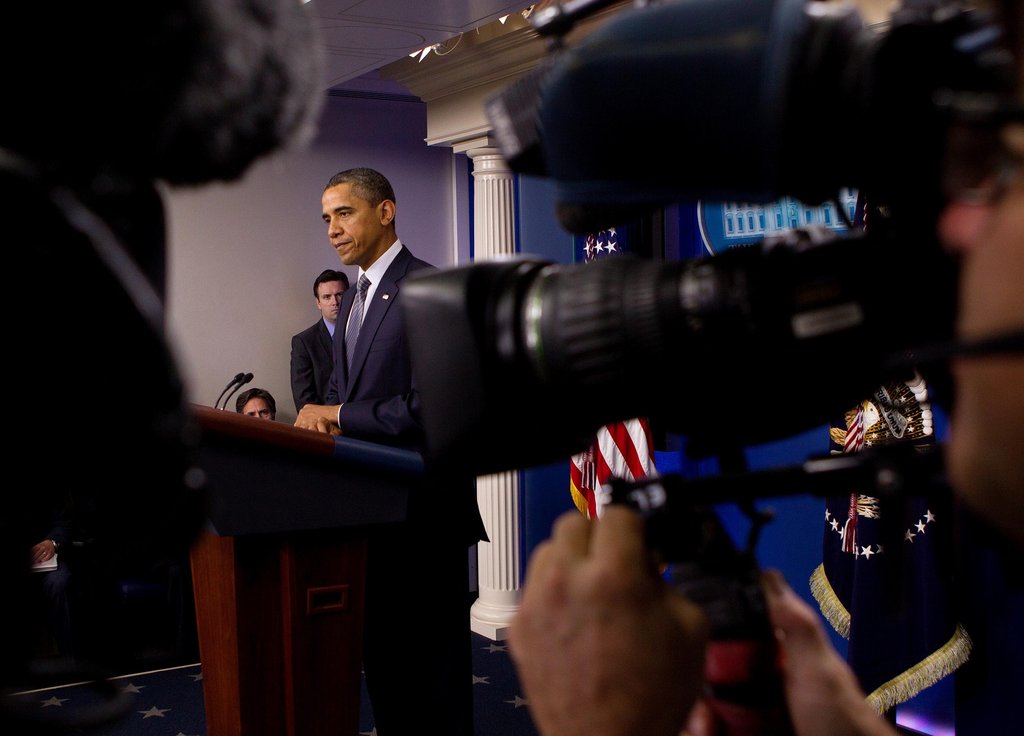On October 21, 2011, President Barack Obama delivered a momentous address, articulating the administration’s decision to withdraw U.S. troops from Iraq by the year’s end. This announcement embodied a critical juncture in American foreign policy, reflective of a larger narrative spanning nearly a decade marred by conflict, sacrifice, and resilience. The pronouncement not only indicated a cessation of military operations but also ushered in the prospect of a complex geopolitical recalibration.
Obama’s rationale centered on the premise that the military engagement, initially predicated on the aftermath of the September 11 attacks and the alleged possession of weapons of mass destruction by Iraq, had morphed into an extended entanglement lacking a clear objective. With the loss of countless lives and extensive financial tolls, the sentiment permeating his address resonated with a nation weary of incessant warfare. Obama asserted, “It is time to end the war,” encapsulating a growing consensus among the American populace that favored a pivot towards diplomacy and nation-building over militaristic engagement.
This declaration was not merely an announcement; it was a prelude to potential shifts in regional stability. As combat operations diminished, it engendered multifaceted reactions both domestically and internationally. Among the American citizens, the call for withdrawal elicited relief and hope, underscoring a yearning for peace and the resumption of civilian governance. Conversely, apprehension loomed regarding the vacuum that the withdrawal might create, raising questions about Iraq’s ability to sustain its sovereignty amidst lingering sectarian divisions and the specter of insurgency.
Further complicating this moment were the implications for U.S. foreign policy. The decision signaled an acknowledgment that military might was insufficient in engendering lasting peace or fostering democracy in regions fraught with historical animosities. As Obama articulated a reconfiguration of priorities, the administration sought to forge new alliances based on mutual respect and economic cooperation, rather than the imposition of force.
The withdrawal from Iraq also set the stage for a broader dialogue about America’s role on the global stage. It prompted critical examinations of military engagement, national interest, and ethical responsibility in foreign affairs. Obama’s posture invited a reconsideration of how the U.S. approaches complex crises worldwide, advocating for a strategy that champions diplomatic resolution and humanitarian assistance over unilateral military intervention.
Ultimately, Obama’s declaration signified not just an end to a contentious chapter in American history but also an invitation to redefine the essence of leadership in a rapidly evolving global landscape. As the nation embarked on this new trajectory, the commitment to fostering peace and stability remained a guiding principle, one that underscored the indispensable role of dialogue in achieving collective goals.
